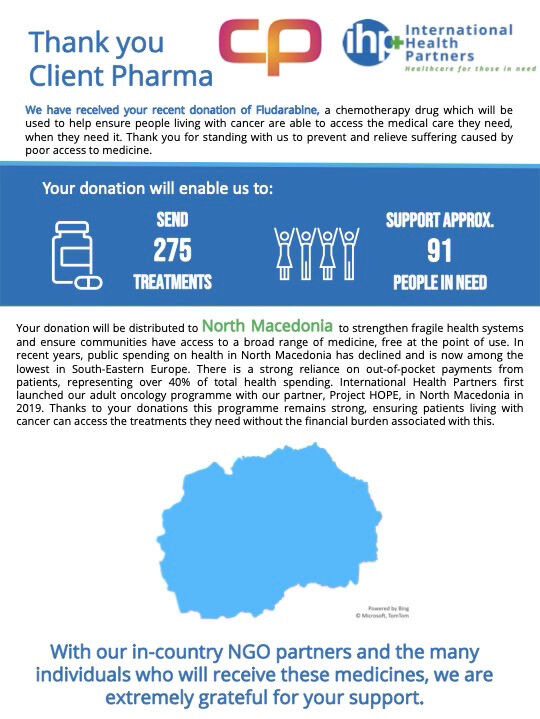It’s important to understand the markets in which you are going to conduct your clinical trial; being clear on what sources of investigational products you want to use will allow for crucial importation/supply planning activates; getting this right early is key for avoiding unwanted and costly delays later on.
Are you aware of regulations for the country you wish to import from/to?
When planning import of comparator into one country or region from another, it’s important to consider and prepare for factors such as the below to ensure your supplies can be shipped:
- Is the product a controlled substance in any of the countries in your study?
- Are there additional controls required for certain materials (e.g. biological products vs. small molecules)?
- Do specific shipment volumes or lot/expiry details need to be included on import licences?
- Are supporting documents such as CofA and BSE/TSE statements required?
- Does the product have the same Marketing Authorisation holder in both the purchasing and importing country? – differences may violate territory rights
- Does your selected partner have the ability to act as importer or record and do they work with established import brokers?
- Do you need to evidence the approved Clinical Trial Authorisation for the import to take place?
It’s important to approach each product and indented import on a case by case basis. Delays, or worse still, blocked imports can have serious knock-on effects for your trial.
Are you prepared for potential delays?
When importing comparator, to expect the unexpected and plan around each individual region accordingly:
- Are there national holidays when you intend to ship?
- Do specific ports of entry have backlogs or are they prone to delays
- Is there a risk of severe weather or transport strikes, and if so, do you have access backup routes or to facilities that ensure your materials are stored properly in transit?
- What are your escalation procedures/who is Responsible, Accountable, Consulted and Informed if delays occur?
Best practice includes forecasting when and where shipments will take place as well as pre-agreeing your escalation procedures. It’s also important to use mutually agreed steps, such as a green-light process to ensure that documents and details are double checked before any shipments are released.
Would it be better to source locally?
Taking the previous questions into account and depending on the number of countries/types of products used in your study, it may be worth considering locally sourced comparator. When selected under the right circumstances, locally sourced products can reduce transport costs and even speed delivery to local deport/sites. However, as with any route, it’s important to be certain that locally procured materials are traceable and from a reputable source, particularly if you may have different sources in each study country. Make sure your chosen partners can provide supporting documentation to prove the provenance of the materials provided.
Client-Pharma has shipped over 650 products, to more than 40 countries worldwide; this means we have the access and the market knowledge to guide sourcing strategy in the best possible direction for each study we supply.









